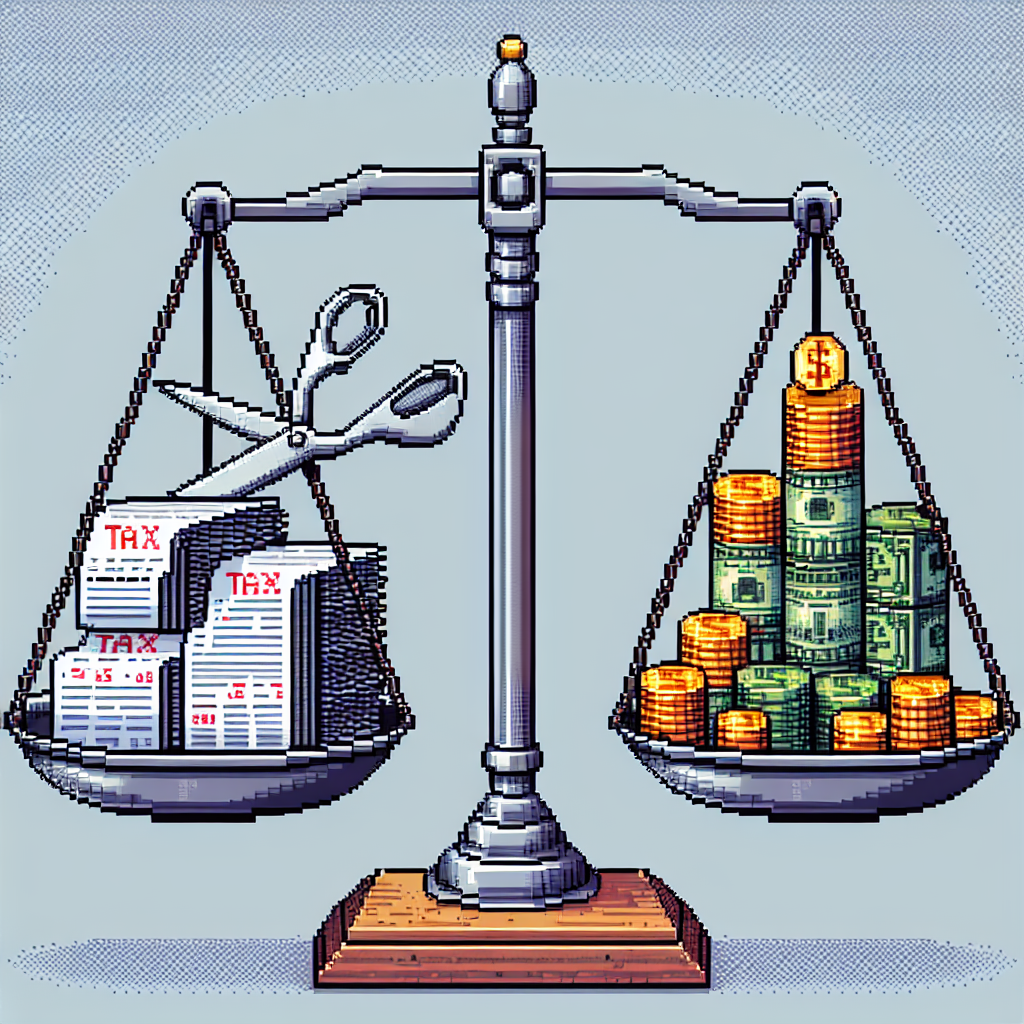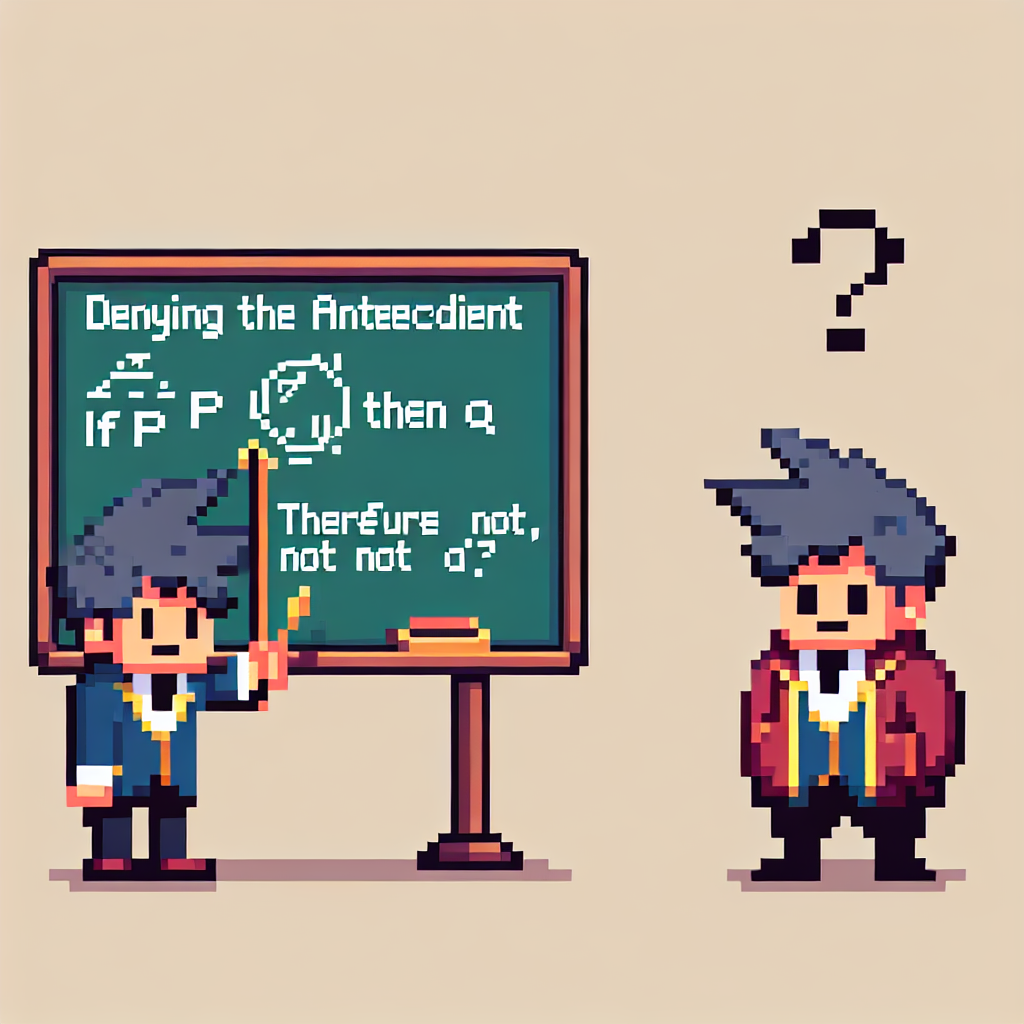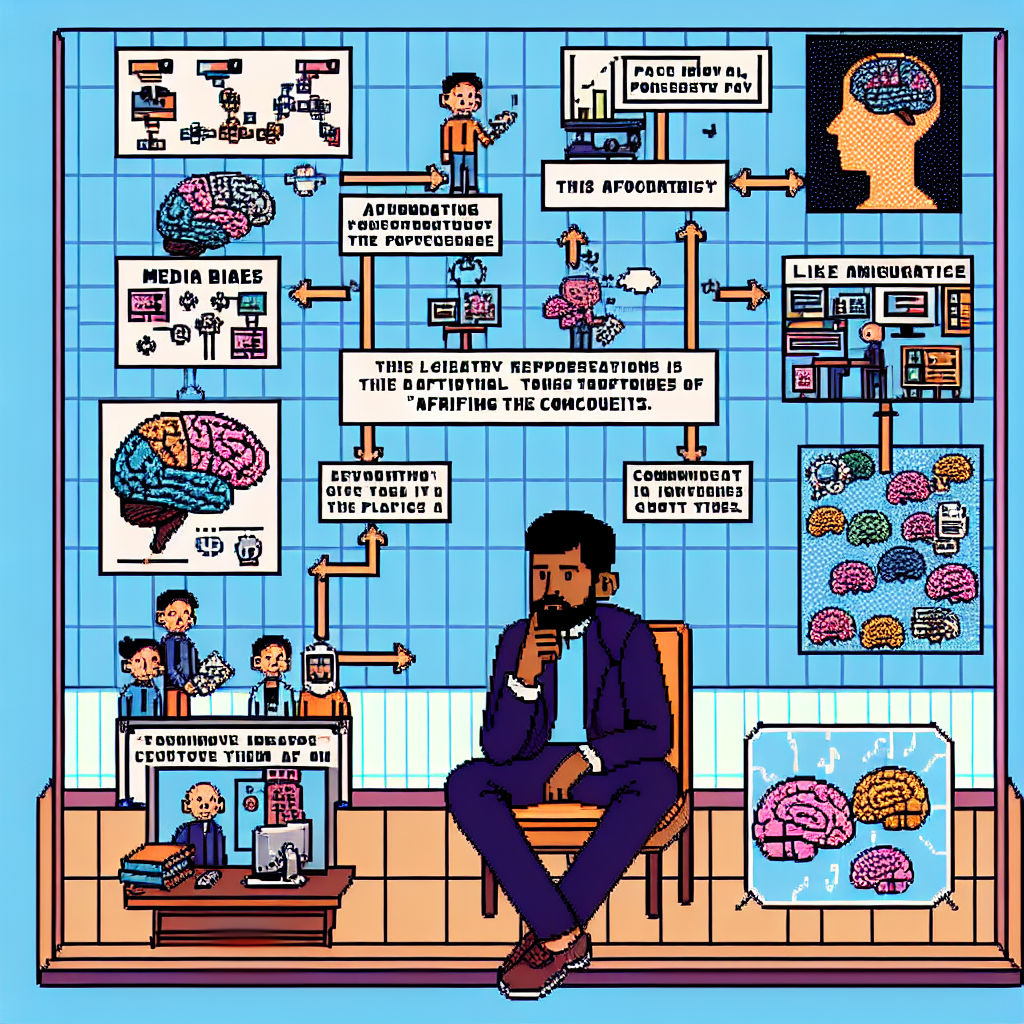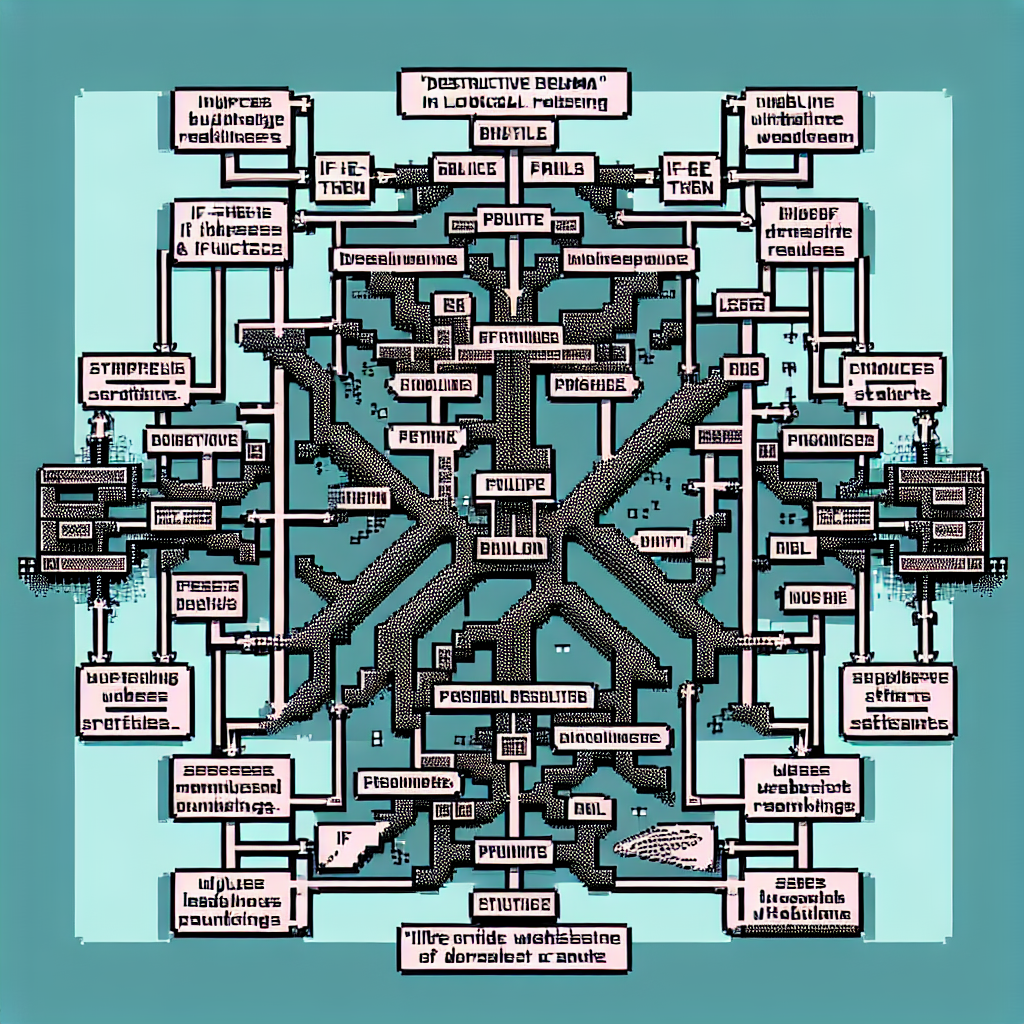Appeal to Flattery
Appeal to Flattery Definition of Flattery Flattery is the artful practice of giving someone excessive or insincere praise, often to fulfill a purpose or influence behavior. It is a communication strategy that has been used since ancient times. Despite its sometimes dubious reputation, flattery can be a powerful tool when employed with sincerity and awareness. […]
Appeal to Flattery Read More »









